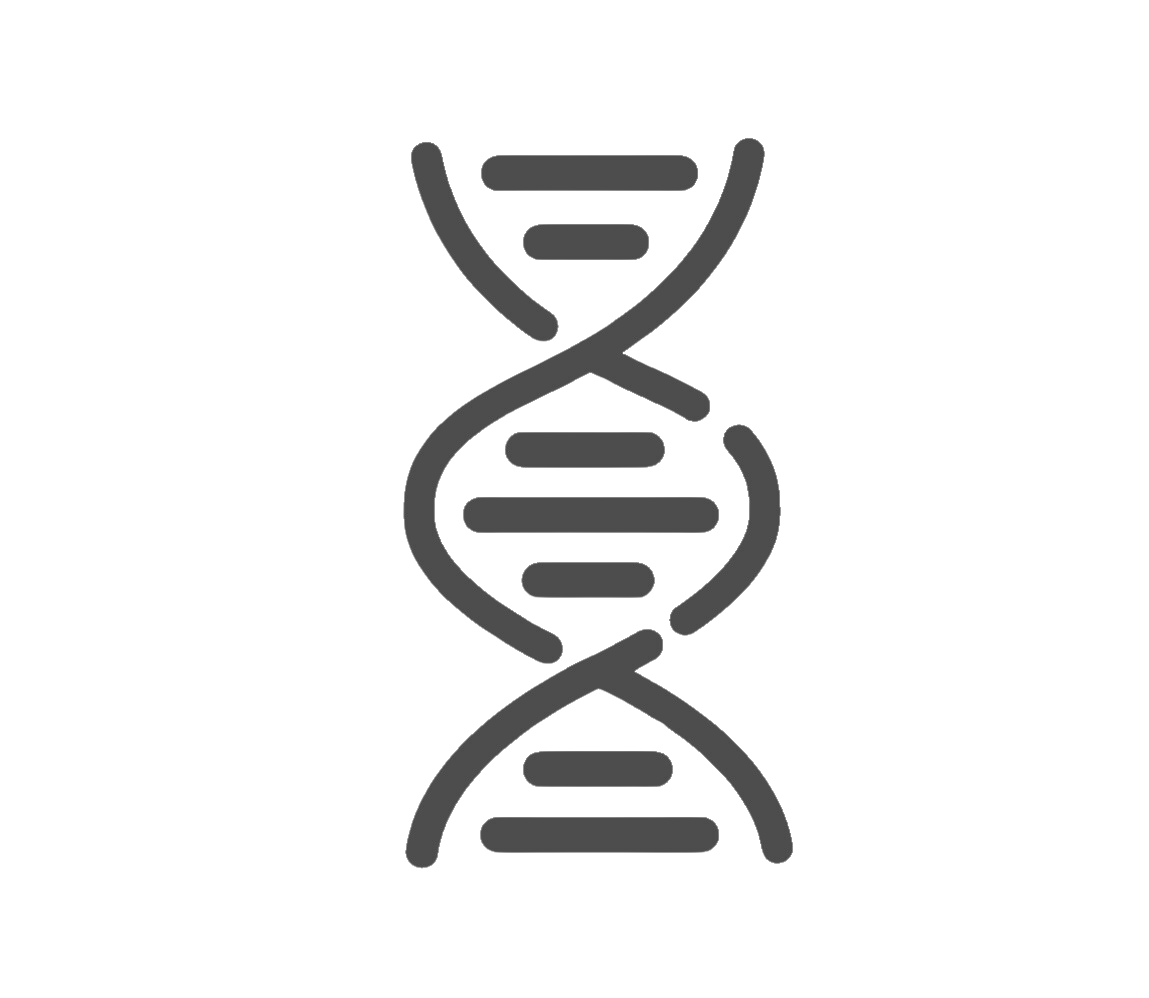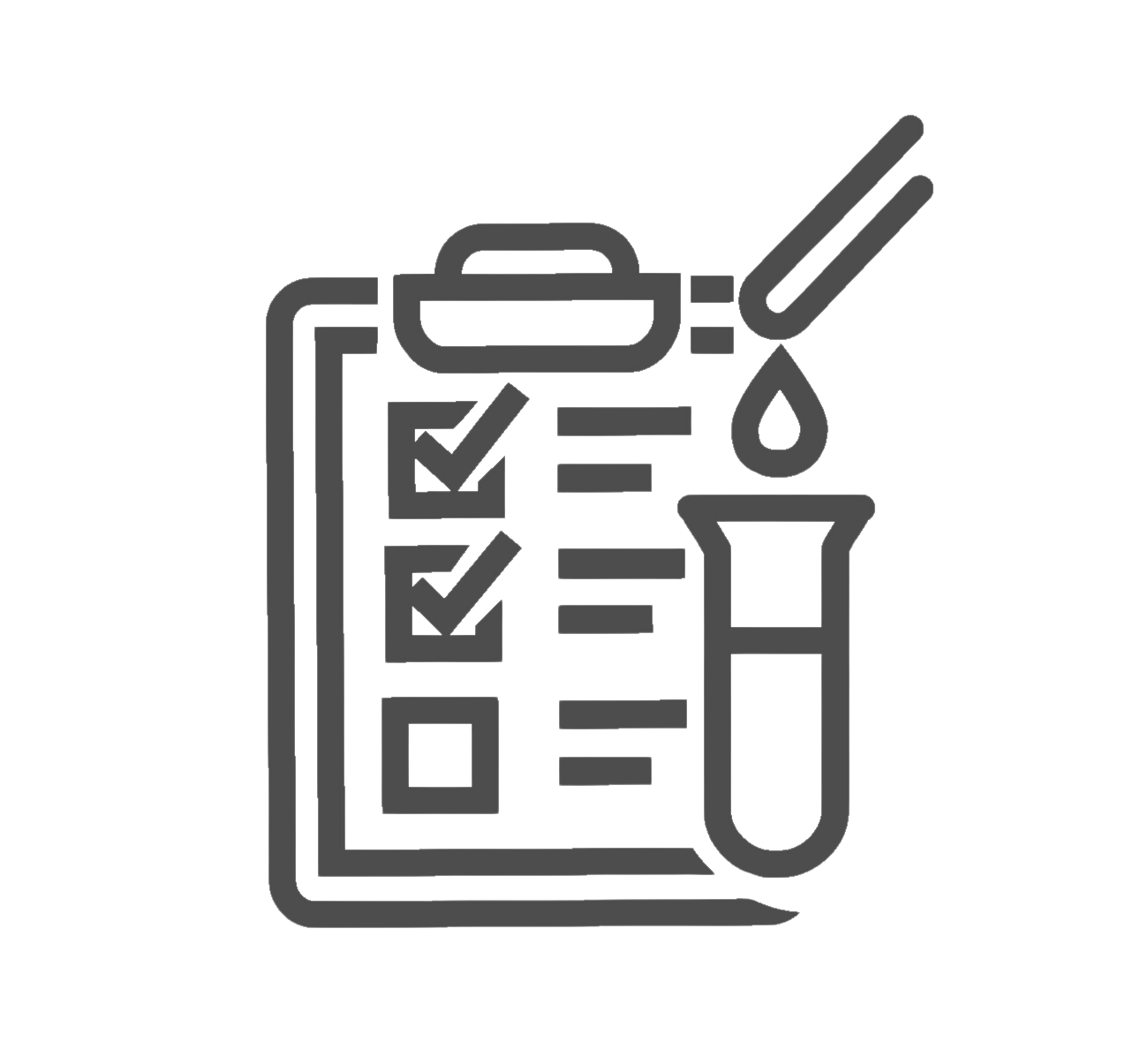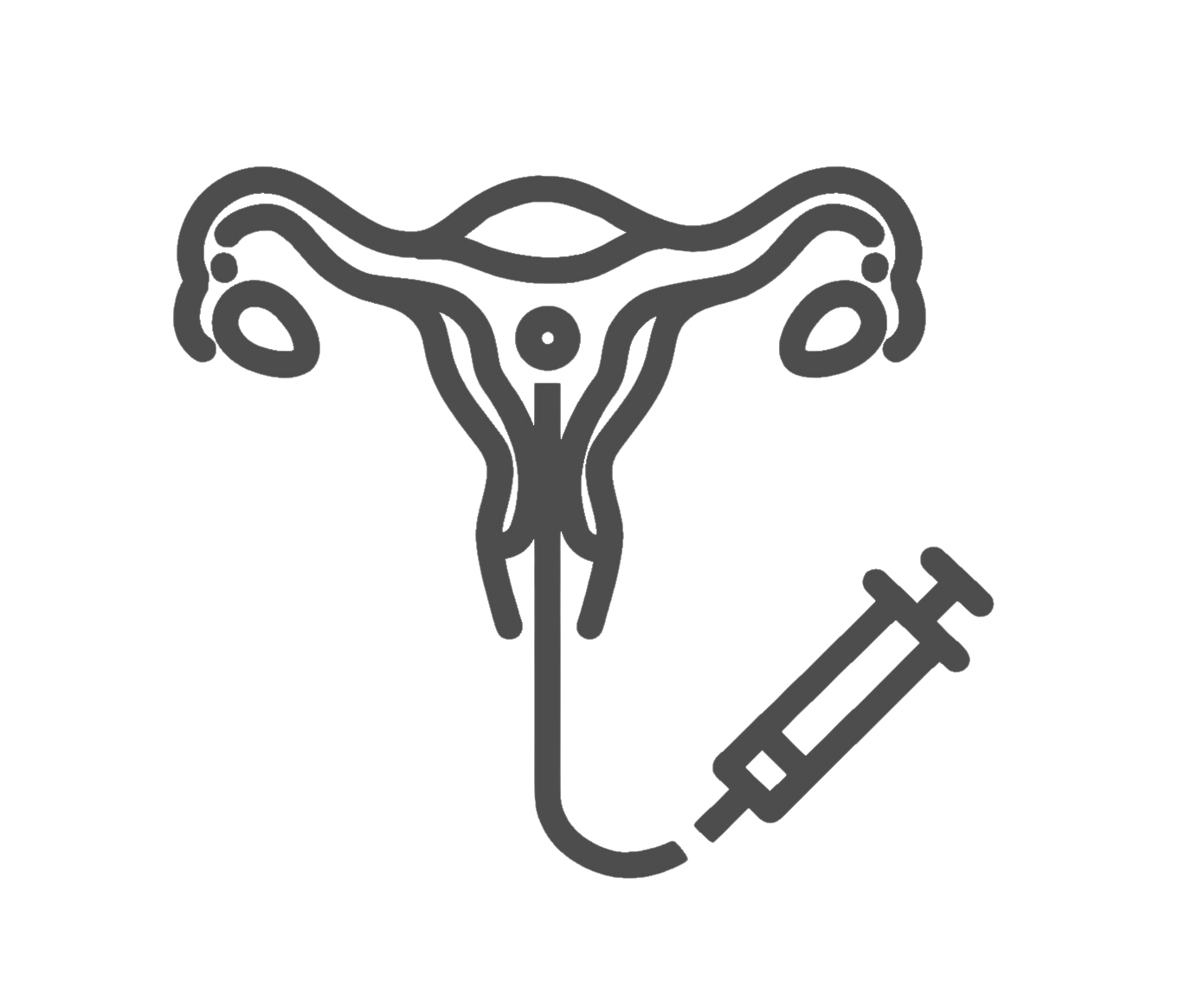Endometriosis
Diagnosing and managing the effects of endometriosis on your fertility and quality of life takes an expert. Find the care you need with Dr Ying Li.
Endometriosis is a common condition affecting upward of 15% of women of reproductive age. Cells that are usually only found in the lining of the womb (the endometrium) start to grow outside your womb in other areas of the body. These endometriotic cells can occur anywhere, including the abdomen, bladder, bowel, and even as high as the diaphragm and lungs. When endometriosis develops on your ovaries, they may form cysts known as endometriomas or “chocolate cysts”. Adenomyosis is a specific form of endometriosis where the abnormal cells grow within the muscle layer of your womb.
The two characteristic features of endometriosis are pain and infertility. Pain associated with endometriosis can be worse during a menstrual period but can become chronic and constantly present over time. Certain treatments or a combination of interventions can be useful for overcoming the infertility associated with endometriosis, including surgery and IVF .
Timely diagnosis with an experienced endometriosis doctor will allow you to access early treatment, reducing pain, improving your quality of life, and minimising the impact of endometriosis on your fertility.
What's the difference between endometriosis and adenomyosis?
Both endometriosis and adenomyosis involve the abnormal growth of endometrial cells outside the endometrium lining. In endometriosis, these cells grow anywhere outside of the womb, while in adenomyosis, these cells are confined to the muscle layer of the womb. Endometriosis and adenomyosis share very similar symptoms, including impacts on fertility, and frequently co-occur.
Common questions about endometriosis
How does endometriosis affect fertility?
Endometriosis is associated with chronic inflammation, which can affect your fertility in several ways. It is detrimental to the quality of your eggs and can result in scarring of any affected organs, including your fallopian tubes. Healthy fallopian tubes are essential for conception. The hormonal imbalance related to endometriosis can impact how well an embryo implants in your womb, while chronic pelvic pain is understandably a deterrent to intimacy. Despite all this, it is important to note that not all women with endometriosis experience infertility.
If I don't have pain does this mean I can't possibly have endometriosis?
Though endometriosis is often associated with pain, this is not always the case. In fact, endometriosis is significantly underdiagnosed in our community because its symptoms are not concerning enough for a woman to seek medical care or consider endometriosis as a cause, or she has no symptoms at all. These cases may sometimes be referred to as “silent endometriosis”. Around 20-25% of people with endometriosis are asymptomatic.
What causes endometriosis?
We do not know exactly what causes endometriosis. There seems to be some inheritable component as this condition often runs in families, but the more we learn about this condition, the more complex we realise it is. We often see disorders in the hormonal, immune, and metabolic systems of women with endometriosis.
How is endometriosis diagnosed?
The gold standard for confirming a diagnosis of endometriosis is with a keyhole procedure called a laparoscopy, which Ying can perform as a day procedure. Though laparoscopy is considered a minimally invasive surgical procedure, it still comes with the low risk of complications and requires a post-operative recovery period. In most cases, endometriosis can be diagnosed through a clinical assessment of your signs and symptoms alongside a specialised ultrasound. This approach is often sufficient to identify moderate to severe cases of endometriosis, though mild cases are usually not picked up with ultrasound imaging.
Can endometriosis be treated and can the treatment manage both the endometriosis and infertility?
There are a few approaches to treating endometriosis. Ying will discuss your primary symptoms and concerns with you when tailoring a treatment strategy. If pain is the main problem, medications such as simple painkillers are enough for some, while other women may benefit from a hormone-based medication such as the contraceptive pill. As expected, treating endometriosis with hormone contraception isn’t suitable if you’re trying to fall pregnant.
Laparoscopy is useful for both diagnosing endometriosis and also treating it. This minimally-invasive surgery is performed as a day procedure and involves removing the areas of abnormal endometriotic cell growth. Surgery can improve fertility in women with mild endometriosis as well as address pain, but there is more limited evidence on the effects of laparoscopy on fertility for severe endometriosis.
How is adenomyosis treated?
Treatment for adenomyosis is similar to that for endometriosis. Depending on your symptoms, Ying may recommend painkillers, hormone medications (though these will not be suitable if you’re trying to conceive), or surgically removing the affected areas of your uterus. If your symptoms are severe and other treatments haven’t been effective, you may consider a hysterectomy, which involves complete removal of your uterus. If this is the best solution to treat adenomyosis for you but you still wish to grow your family, Ying will discuss your fertility options first.
Does endometriosis cause miscarriage?
Endometriosis is associated with an increased risk of miscarriage, including recurrent pregnancy loss, though the exact reasons why are not clear. We do know that endometriosis can cause scarring and adhesions (abnormal attachments between different anatomical structures), which can make it more difficult for a fertilised egg to implant properly in your womb. The chronic inflammation associated with endometriosis may also impact the placenta, which is vital for a healthy pregnancy. Another theory is that the effect of endometriosis on egg quality interferes with the development of the embryo and increases the likelihood of pregnancy loss.
Does pregnancy cure endometriosis?
Falling pregnant doesn’t cure endometriosis per se but it can put your symptoms at bay for the duration of your pregnancy as your monthly menstrual periods cease during this time. The changes to your hormones during pregnancy can also improve endometriosis symptoms. These positive effects may continue after birth and delivery but the symptoms of endometriosis will typically return once your hormones settle, either when your menstrual periods resume or you finish breastfeeding.
Endometriosis diagnosis and treatment with Dr Ying Li
Ying is an experienced fertility specialist and gynaecologist and holds an advanced accreditation in reproductive medicine with the Certificate of Reproductive Endocrinology and Infertility (CREI). His specialised interests include infertility in women, reproductive surgery, and recurrent pregnancy loss, all of which position him perfectly with the knowledge and experience to manage endometriosis, adenomyosis, and their effects on your fertility.
Consulting Rooms
Level 3, 321 Kent St
Sydney NSW 2000
137 St Johns Rd,
Glebe, NSW 2037
50-52 Gloucester Rd,
Hurstville NSW 2220
Contact US
T: 1300 323 297
F: 02 8212 8944
Assisted Reproductive Technology treatments available with Dr Ying Li

PGT
Pre-implantation Genetic Diagnoses / Screening

Ovulation Induction
Ovulation Stimulation

IVF
Invitro Fertilisation

IUI
Intrauterine Insemination
